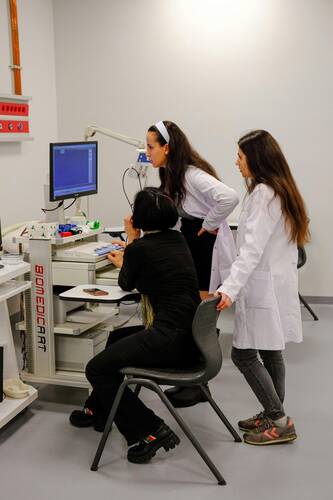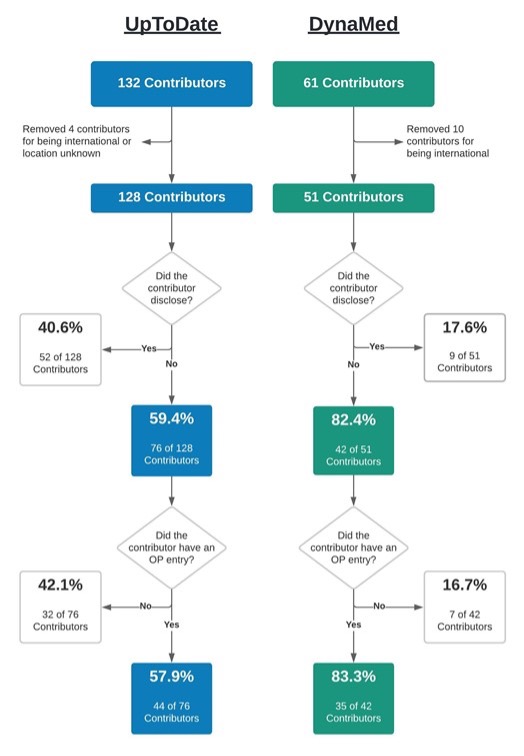Education, Electronic Records, Technology / 06.09.2024
Can Medical Education Benefit from EHR Systems Integration?
As we stand today, EHR systems are not a part of the medical curricula. But med students go on to work in hospitals or start their own practice that would definitely involve EHR systems. According to the Office of the National Coordinator for Health Information Technology (ONC), 96% of hospitals use EHR systems, which is almost the entirety of the healthcare setup.
Integrating Electronic Health Records (EHR) into medical education can have several benefits for prepping future healthcare professionals. This approach can potentially make learning better for medical students and ultimately boost patient care quality.
Moreover, specialized areas like cardiology medical billing could benefit significantly from early exposure to EHR systems, helping students understand the intricacies of managing billing in these complex fields.
This article covers the potential benefits of EHR systems integration into medical education, challenges, solutions, and more.
Key Takeaways:
- Integrating EHRs makes learning better for medical students.
- Improves doctor-patient communication.
- Offers easy access and better organization for students.
- Tackles challenges related to documentation and professionalism.
- Hands-on experience and simulation training are key for effective learning.
- Hospital policies and liability concerns can limit EHR access.
- Proper educational frameworks are crucial for successful EHR adoption.
- EHRs contain real-world scenarios and promote understanding of clinical workflows.




 As technology continues to evolve within the healthcare sector, creating new opportunities for enhancing patient care, it's crucial that empathy doesn't get lost in the shuffle. Innovative tools and systems should be seen as avenues to deepen our understanding and connection with patients, rather than as barriers to the human touch. Embracing technology with empathetic intention can lead to an even greater level of personalized care.
One specific area where empathy can play a transformative role is in addressing
As technology continues to evolve within the healthcare sector, creating new opportunities for enhancing patient care, it's crucial that empathy doesn't get lost in the shuffle. Innovative tools and systems should be seen as avenues to deepen our understanding and connection with patients, rather than as barriers to the human touch. Embracing technology with empathetic intention can lead to an even greater level of personalized care.
One specific area where empathy can play a transformative role is in addressing 

 Understanding oneself is vital before exploring medical fields. What are your unique interests? Which medical areas spark your enthusiasm? It's common to advise students to reflect on their likes and dislikes in various subjects. To save some time, you might hire an
Understanding oneself is vital before exploring medical fields. What are your unique interests? Which medical areas spark your enthusiasm? It's common to advise students to reflect on their likes and dislikes in various subjects. To save some time, you might hire an 




 Arman A. Shahriar
Medical Student, University of Minnesota Medical School Research
Consultant, HealthPartners Institute
Minneapolis, Minnesota
Arman A. Shahriar
Medical Student, University of Minnesota Medical School Research
Consultant, HealthPartners Institute
Minneapolis, Minnesota
 Response: Point-of-care ultrasound is one of the most significant advances in bedside patient care, and its use is expanding across nearly all fields of medicine. In order to best prepare medical students for residency and beyond, it is imperative to begin POCUS training as early as possible. At the Lewis Katz School of Medicine at Temple University, we introduced POCUS education over a decade ago and have expanded it since then.
By providing each student with a Butterfly iQ device, we can augment our curriculum significantly. In addition to our robust pre-clinical sessions, now we will expand into the clinical years highlighting the utility of POCUS with actual patients.
This gift was made possible by the incredible generosity of Dr. Ronald Salvitti, MD ’63.
Response: Point-of-care ultrasound is one of the most significant advances in bedside patient care, and its use is expanding across nearly all fields of medicine. In order to best prepare medical students for residency and beyond, it is imperative to begin POCUS training as early as possible. At the Lewis Katz School of Medicine at Temple University, we introduced POCUS education over a decade ago and have expanded it since then.
By providing each student with a Butterfly iQ device, we can augment our curriculum significantly. In addition to our robust pre-clinical sessions, now we will expand into the clinical years highlighting the utility of POCUS with actual patients.
This gift was made possible by the incredible generosity of Dr. Ronald Salvitti, MD ’63. 